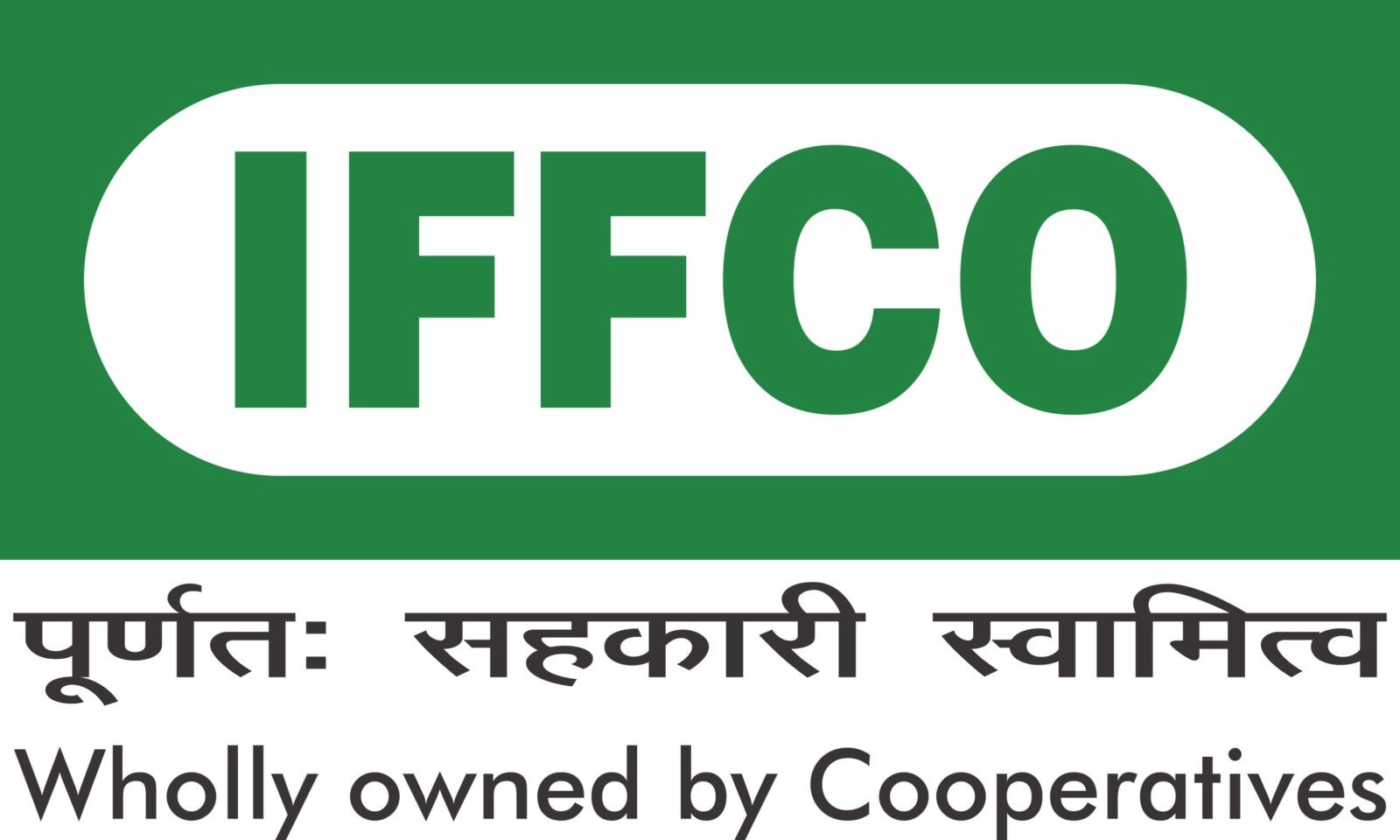Dole will provide a strong impetus for the sales growth of Zespri kiwifruits in China market.
Zespri, the world-renowned kiwifruit grower and distributor, and Dole, the internationally renowned fruits and vegetables brand, signed a strategic cooperation agreement in Shanghai.
As a result, Dole officially became a Zespri distribution partner in China market. They will accelerate the development of each other in China market.
Terry Chan, general manager of Dole China, said: “we are very pleased to have this strategic cooperation with Zespri. Zespri is a world-renowned kiwifruit grower and distributor whose products are popular with consumers. Zespri’s high quality requirement coincides with Dole’s core concept of ’Quality is the foundation of our reputation’ and ‘Dole Sunshine For All’.”
Dole currently has 12 distribution centres in Shanghai, Beijing, Dongguan, Shenyang, Zhengzhou, Xiamen, Xi’an, Qingdao, Chongqing, Chengdu, Wuhan and Kunming, operating more than 90 items from 17 countries.
All Dole distribution centres are equipped with advanced equipment, such as pre-cooling, storage, computerized ripening facilities and etc. Through scientific control and rich experience in kiwifruit ripening, storage and logistics, Dole’s distribution centers’ can protect the excellent quality of Zespri kiwifruit.
Michael Jiang, general manager of Zespri Greater China, said: “Dole is the world-renowned fruits and vegetables producer and distributor who has abundant strength in fruits distribution, packaging, and storage. We believe that Dole will provide a strong impetus for the sales growth of Zespri kiwifruits in China market and help Zespri to deepen our market structure.”
Zespri was established in 1997 and its kiwifruit is sold in more than 50 countries around the world. During its 2020 season, Zespri is planning to supply about 155m standard retail boxes (amount to 600,000 tonnes) of high-quality kiwifruits to consumers around the world.
As Zespri’s largest market, China has always been a top priority for Zespri’s business development. At present, Zespri still has huge market potential with Chinese consumers. Dole has been active in the Chinese market for more than 20 years and has extensive operating experience in channel management.
At present, Dole has more than 1,900 store clients including 12 national supermarket systems, 35 well-known local supermarket systems, and 32 well-known fruit chain customers, covering more than 190 cities.
Zespri hopes that through cooperating with Dole, it can continue to explore the development opportunities of various channels, improve operation efficiency and provide quality services to channel clients.
The cooperation has been officially launched. It is reported that after rapid technical communication, the first batch of Zespri kiwifruit took less than a week to reach Dole’s Shanghai distribution center for ripening. Zespri kiwifruit distributed by Dole has already been sold in 89 Walmart China stores.
Dole will provide a strong impetus for














